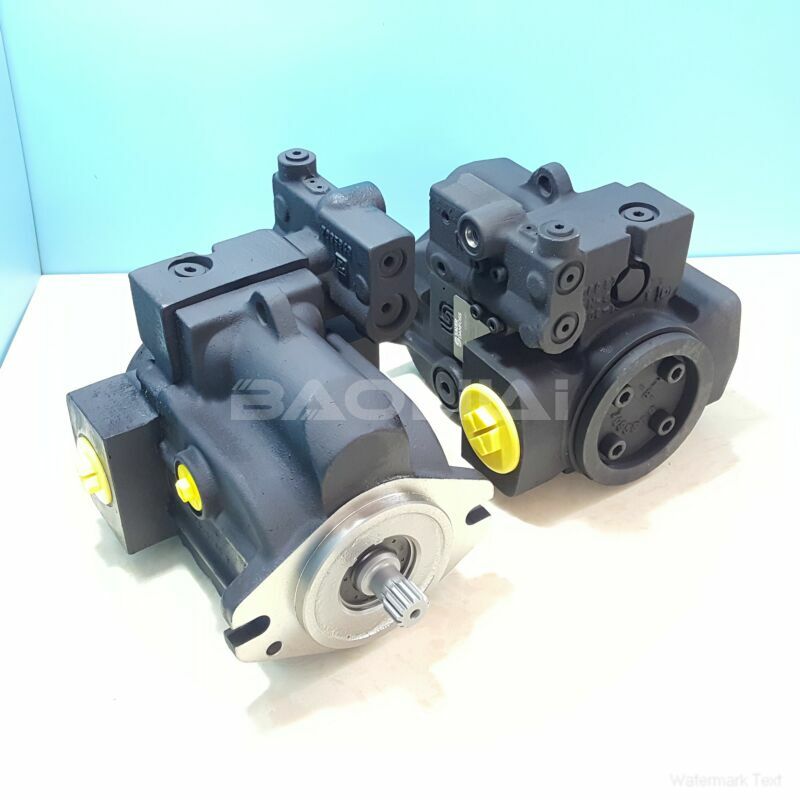LRL030DLS2020NNN3K2NFA6NAAANNNNNN high pressure pump
LRL030DLS2020NNN3K2NFA6NAAANNNNNN high pressure pump

- Product Details
- Applicable Scene
In recent years, the concept of a circular economy has gained significant traction, particularly in sectors that produce substantial waste. The circular economy aims to minimize waste and make the most of resources by promoting reusability, recycling, and sustainability. One of the leading players in facilitating this transition in waste management is Danfoss, a global leader in engineering solutions. Their innovative hydraulic pumps are playing a pivotal role in developing more efficient and sustainable waste management processes.
LR-L-030D-LS-20-20-NN-N-3-K2NF-A6N-AAA-NNN-NNN
LRL030DLS2020NNN3K2NFA6NAAANNNNNN
Danfoss hydraulic pumps are designed to deliver high performance and reliability in various applications, including those within waste management systems. These pumps are essential components in equipment such as waste compactors, refuse collection vehicles, and sorting facilities. By optimizing the operational efficiency of these machines, Danfoss pumps contribute to reduced energy consumption and lower emissions, which are critical factors in supporting a circular economy.

7005596S
One key aspect of Danfoss hydraulic pumps is their ability to enhance the efficiency of waste collection and processing. For instance, hydraulic systems equipped with Danfoss pumps are capable of generating higher pressure, allowing for more compact waste transport. This means that fewer trips are required to transport waste, ultimately reducing fuel consumption and lowering the carbon footprint of waste collection operations. Such enhancements directly contribute to the principles of the circular economy by maximizing resource use and minimizing environmental impact.
Moreover, Danfoss is committed to innovation and sustainability in its product development. The company emphasizes the use of environmentally friendly materials and advanced manufacturing techniques, which align with circular economy principles. For example, their products are designed to be repairable and upgradeable, prolonging their lifecycle and reducing the need for new materials. Such strategies not only support waste management efforts but also encourage other businesses to adopt sustainable practices.





